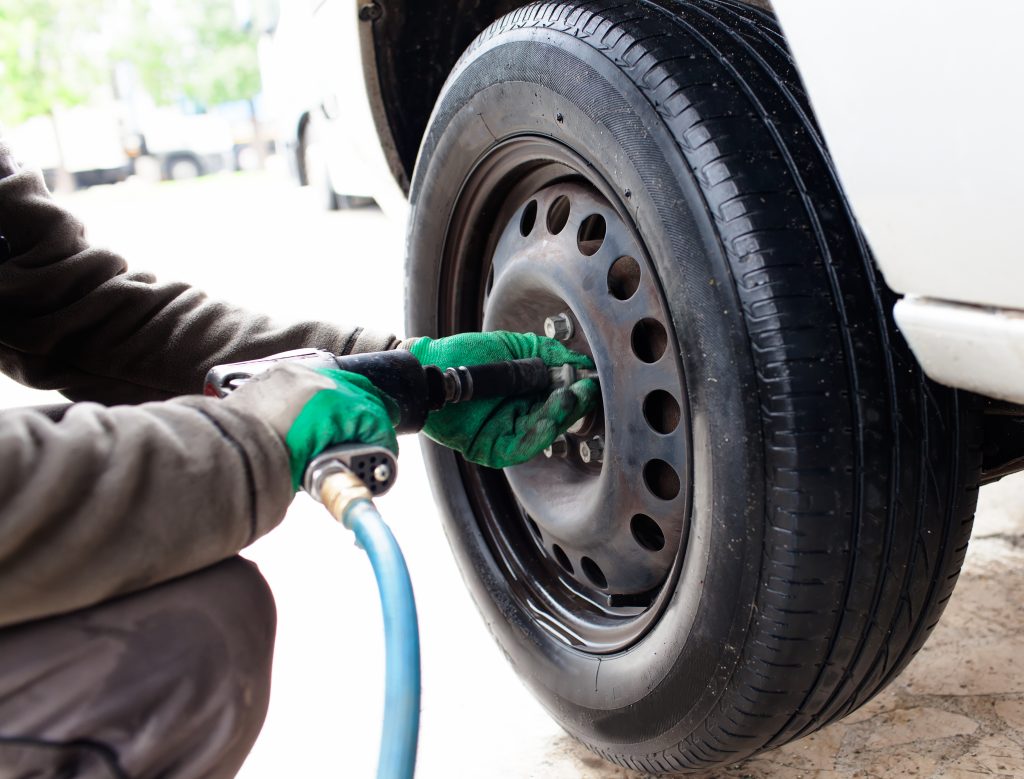Ontario’s harsh winter weather can be hard on your vehicle. But if you can prepare your car for the extreme weather our province can experience, you’ll be ready to handle any incidents during the season. Here’s a step-by-step guide on what you can do to get your car winter-ready.

Do a general check-up
You’ll want to give your car a thorough once-over to make sure everything’s in check before winter weather hits.
- Your battery works a little harder in cold temperatures, so make sure it’s in good shape. The general lifespan of a battery is three to five years, so check for signs of corrosion, wetness or wear and tear.
- The brakes in your vehicle should be in tip-top shape to handle the slippery roads ahead. If you notice any changes in the feel of your brakes or odd sounds, it’s a good time to have them serviced by a professional.
- Windshield wipers typically last six months, depending on how much use they get. If yours are leaving your windshield streaky, it’s time to replace them.
- Fluids like antifreeze, wiper fluid, engine oil and brake fluid are especially important for winter driving. Your vehicle uses antifreeze year-round, so ensure it’s topped up. Wiper fluid is essential for clear visibility – especially with snow, rain and slush in the forecast. Old brake fluid can get thick, making it harder for your brakes to engage – make sure this, and your engine oil, are fresh and at the right levels.
Get your winter tires on
Once temperatures are consistently below 7°C, it’s time to change to winter tires. They’re made of a softer rubber than all-season tires and have specially designed treads to grip slippery surfaces. This makes a big difference when you need to stop on a dime or find yourself sliding down a hill toward a tree, car or pedestrian. In fact, winter tires provide up to 50 per cent more traction than other tires and can shorten stopping distance by up to 25 per cent.
Having winter tires can also help you save on insurance. Many providers – like Onlia Insurance – offer discounts for equipping your car with them.
Have emergency essentials on hand
Ontarian winters can be extreme, so being prepared for emergencies is key. Keep your car stocked with essentials like:
- Jumper cables in case you need a boost
- Warm blankets if you get stuck
- Non-perishable food items and bottles of water
- A flashlight with extra batteries
- A small shovel, scraper and snowbrush
Find more information about car insurance options at onlia.ca. (NC)


